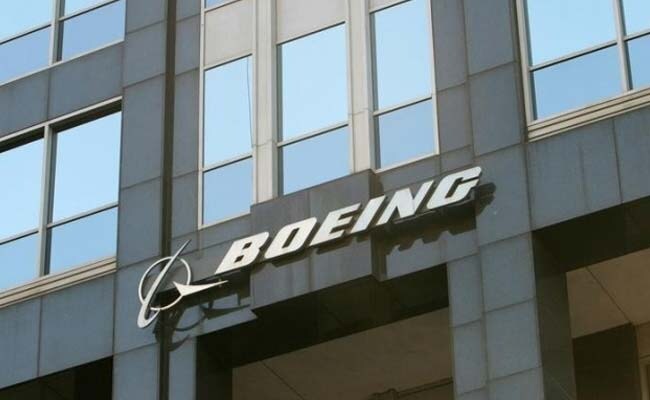
NASA has approved the completion of Boeing's first milestone in launching crews to the International Space Station (ISS) from the US.
Washington:
NASA has approved the completion of Boeing's first milestone in the company's path toward launching crews to the International Space Station (ISS) from the US.
As part of a groundbreaking Commercial Crew Transportation Capability (CCtCap) contract, the Certification Baseline Review is the first of many more milestones, including flight tests from Florida's Space Coast that will establish the basis for certifying Boeing's human space transportation system to carry NASA astronauts to the space station.
The review established a baseline design of the Crew Space Transportation (CST)-100 spacecraft, United Launch Alliance Atlas V rocket, and associated ground and mission operations systems.
"The work done now is crucial to each of the future steps in the path to certification, including a flight test to the ISS. This first milestone establishes an expected operating rhythm for NASA and Boeing to meet our certification goal," said Kathy Lueders, manager of NASA's Commercial Crew Programme.
On Sep 16, the agency unveiled its selection of Boeing and SpaceX to transport US crews to and from the space station using their CST-100 and Crew Dragon spacecraft, respectively.
These contracts will provide US missions to the station, ending the nation's sole reliance on Russia and allowing the station's current crew of six to grow, enabling more research aboard the unique microgravity laboratory.
"It was important for us to set a robust plan for achieving certification upfront. It is crucial for us to achieve our 2017 goal and the plan we have put in place will get us there," said Boeing Commercial Crew Programme manager John Mulholland.
As part of a groundbreaking Commercial Crew Transportation Capability (CCtCap) contract, the Certification Baseline Review is the first of many more milestones, including flight tests from Florida's Space Coast that will establish the basis for certifying Boeing's human space transportation system to carry NASA astronauts to the space station.
The review established a baseline design of the Crew Space Transportation (CST)-100 spacecraft, United Launch Alliance Atlas V rocket, and associated ground and mission operations systems.
"The work done now is crucial to each of the future steps in the path to certification, including a flight test to the ISS. This first milestone establishes an expected operating rhythm for NASA and Boeing to meet our certification goal," said Kathy Lueders, manager of NASA's Commercial Crew Programme.
On Sep 16, the agency unveiled its selection of Boeing and SpaceX to transport US crews to and from the space station using their CST-100 and Crew Dragon spacecraft, respectively.
These contracts will provide US missions to the station, ending the nation's sole reliance on Russia and allowing the station's current crew of six to grow, enabling more research aboard the unique microgravity laboratory.
"It was important for us to set a robust plan for achieving certification upfront. It is crucial for us to achieve our 2017 goal and the plan we have put in place will get us there," said Boeing Commercial Crew Programme manager John Mulholland.
Track Latest News Live on NDTV.com and get news updates from India and around the world

